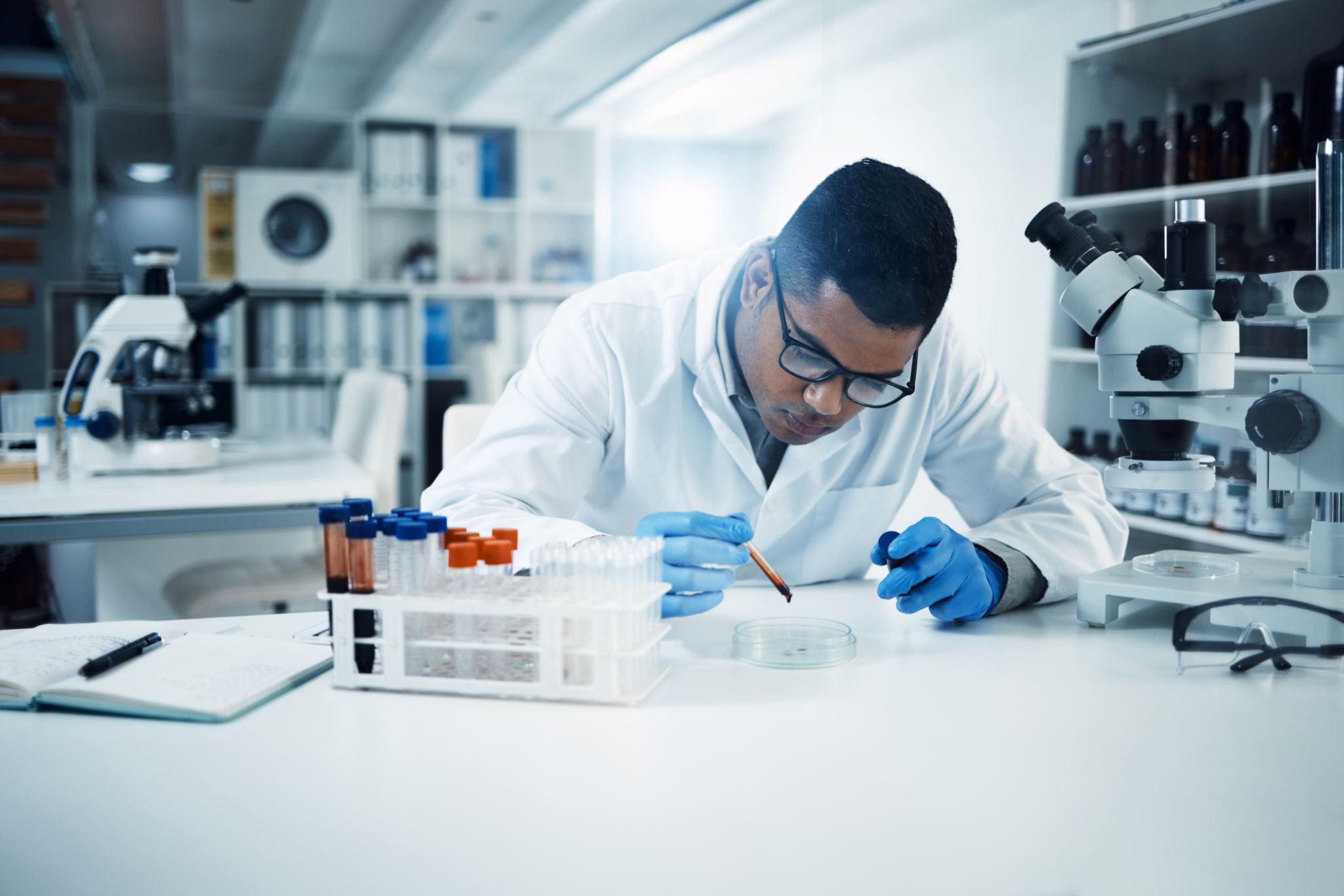Exploring the Role of Isolation Chambers in Modern Biotech Facilities
Introduction to Isolation Chambers
In the rapidly evolving field of biotechnology, maintaining controlled environments is crucial. Isolation chambers have become an integral part of modern biotech facilities, ensuring that experiments and processes remain uncontaminated and precise. These chambers provide a sterile environment that is essential for conducting sensitive experiments and producing high-quality biotechnological products.
Isolation chambers are designed to provide a controlled atmosphere that minimizes contamination from external sources. This is particularly important in biotech facilities where even the smallest amount of contamination can lead to significant errors in research outcomes or product quality.

The Functionality of Isolation Chambers
Isolation chambers are equipped with advanced filtration systems to maintain air purity and prevent the ingress of contaminants. They often include features such as HEPA filters, UV sterilization, and positive pressure systems to ensure the highest standards of cleanliness. These features are vital in preserving the integrity of biological samples and ensuring accurate results.
Moreover, isolation chambers are designed to be versatile, accommodating a wide range of applications from cell culture to drug development. Their adaptability makes them invaluable tools in various biotech processes, allowing researchers to tailor the environment according to specific experimental needs.

Applications in Biotech Research
The use of isolation chambers is widespread across different areas of biotech research. Here are some of the common applications:
- Cell Culture: Isolation chambers provide a sterile environment for the growth and maintenance of cell cultures, reducing the risk of contamination and ensuring optimal growth conditions.
- Drug Development: During the drug development process, maintaining a contamination-free environment is crucial for accurate testing and evaluation of new pharmaceuticals.
- Genetic Research: Isolation chambers help protect fragile genetic material from external factors, allowing researchers to conduct precise genetic manipulation and analysis.
Benefits of Using Isolation Chambers
There are several benefits to using isolation chambers in biotech facilities. They not only maintain a high standard of cleanliness but also enhance the efficiency and reliability of research outcomes. Some key benefits include:
- Reduced risk of cross-contamination.
- Improved reproducibility of experiments.
- Enhanced safety for researchers handling hazardous materials.

Challenges and Considerations
Despite their advantages, isolation chambers also present certain challenges. The cost of installation and maintenance can be significant, which may be a barrier for smaller facilities. Additionally, operating these chambers requires specialized training to ensure proper handling and maintenance.
Another consideration is the energy consumption associated with maintaining controlled environments. Biotech facilities must balance the need for precise conditions with sustainable practices to minimize their environmental footprint.
The Future of Isolation Chambers in Biotech
As biotechnology continues to advance, the role of isolation chambers will likely expand. Innovations in design and technology are expected to enhance their efficiency and reduce their environmental impact. Researchers are exploring ways to integrate smart technology into isolation chambers, enabling real-time monitoring and control of environmental conditions.
The future holds exciting possibilities for isolation chambers in biotech facilities. By continually improving these tools, scientists can ensure more reliable research outcomes and develop innovative solutions to global challenges.
